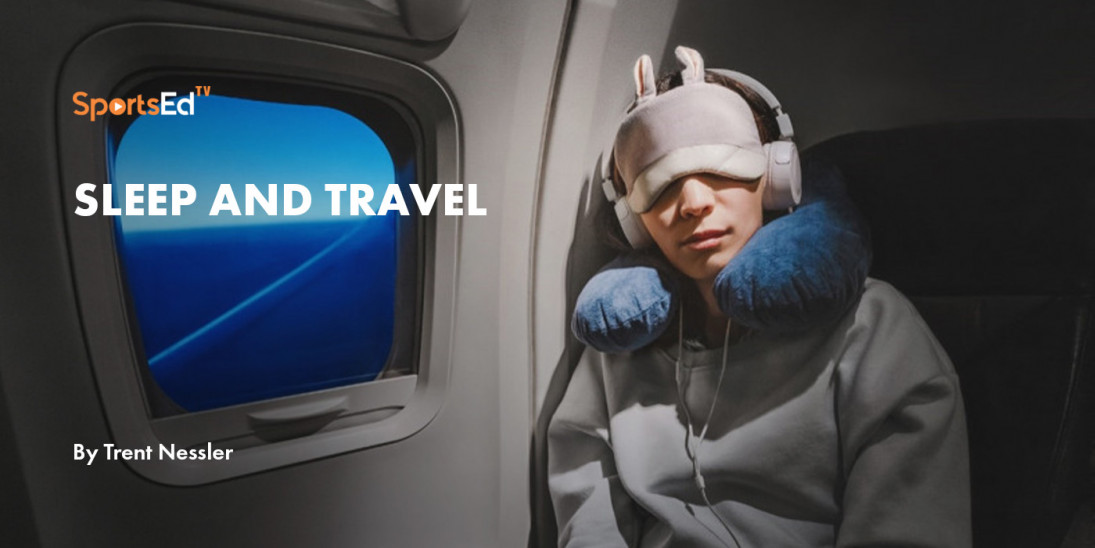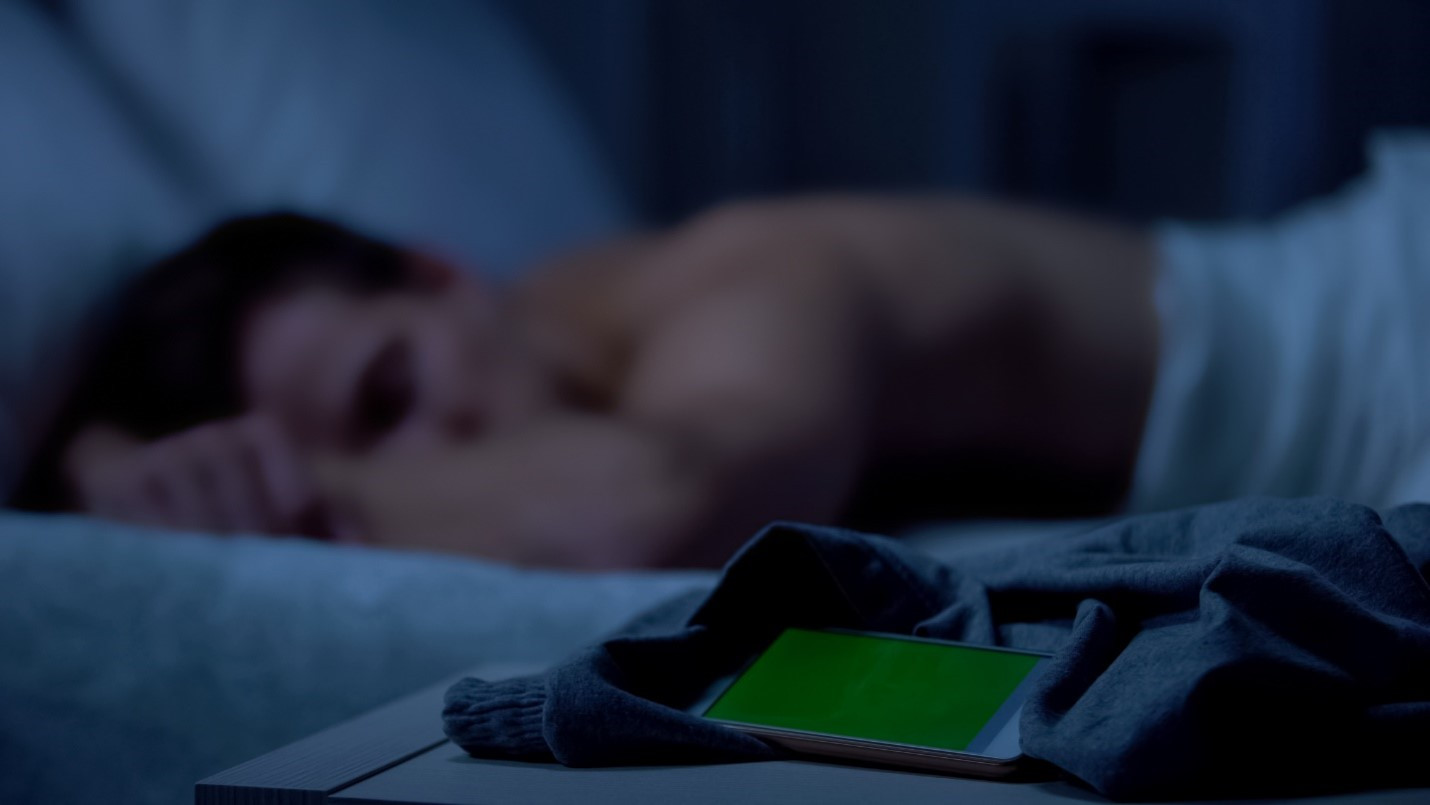Health
Welcome and thanks for visiting...

Sleep and Travel

One of the hardest things for an athlete is keeping up with their sleep while traveling to multiple locations/time zones for games. This can be very challenging and can add to major disruptions in your sleep cycle, impact your performance and increase your potential for injury. To mitigate the impact of sleep disturbances with travel, you can deploy specific proven strategies when traveling.
If traveling from the East coast to the West Coast, or West Coast to the East Coast, you can:
- Phase Shift – your meals and bedtime – shift 1-2 hours later or earlier (depending on the time zone change you are going to) at least 2 days prior to departure.
- Sleep Hygiene – maximize rest and sleep during travel by making certain changes to your hotel habits.
- Hotel room location
- Request a room far from the elevator or ice machine to prevent being woken at night.
- Request room on higher floors and one side of the building away from traffic.
- Room Temperature – set the room temperature at 67 degrees to prevent sweating at night and waking due to being too hot.
- Room phone – unplug the phone or turn off the ringer to prevent the phone from waking you at night from unwanted calls.
- White noise – download a white noise app to your phone to help drown out unwanted noise.
- Unwanted light – if your curtains don’t completely close you can use the clips from the hangers in the room to clip them shut.
- Good pillow – pack a good sleeping pillow to make sure you are not shifting throughout the night due to discomfort.
- Hydration – maintain extra hydration – travel will dehydrate you.
- Caffeine – 50-200 mg as required.
- Naps – 20-30 min power nap as needed.
Some athletes are also more suspectable to “jet lag” than others however everyone is affected to some extent. Jet lag occurs when we travel across time zones and our body clock lags behind until we become accustomed to the new time zone (usually a couple of days). Although there is no cure for jet lag, there are some things you can do to help with it.

Binaural beats are sounds played through headphones at two different frequencies. This stimulates certain brain-wave activity resulting in relaxation, lowered stress response, initiating sleep, and aids in combating jet lag. You can find these binaural beats on iTunes or Google Play.



